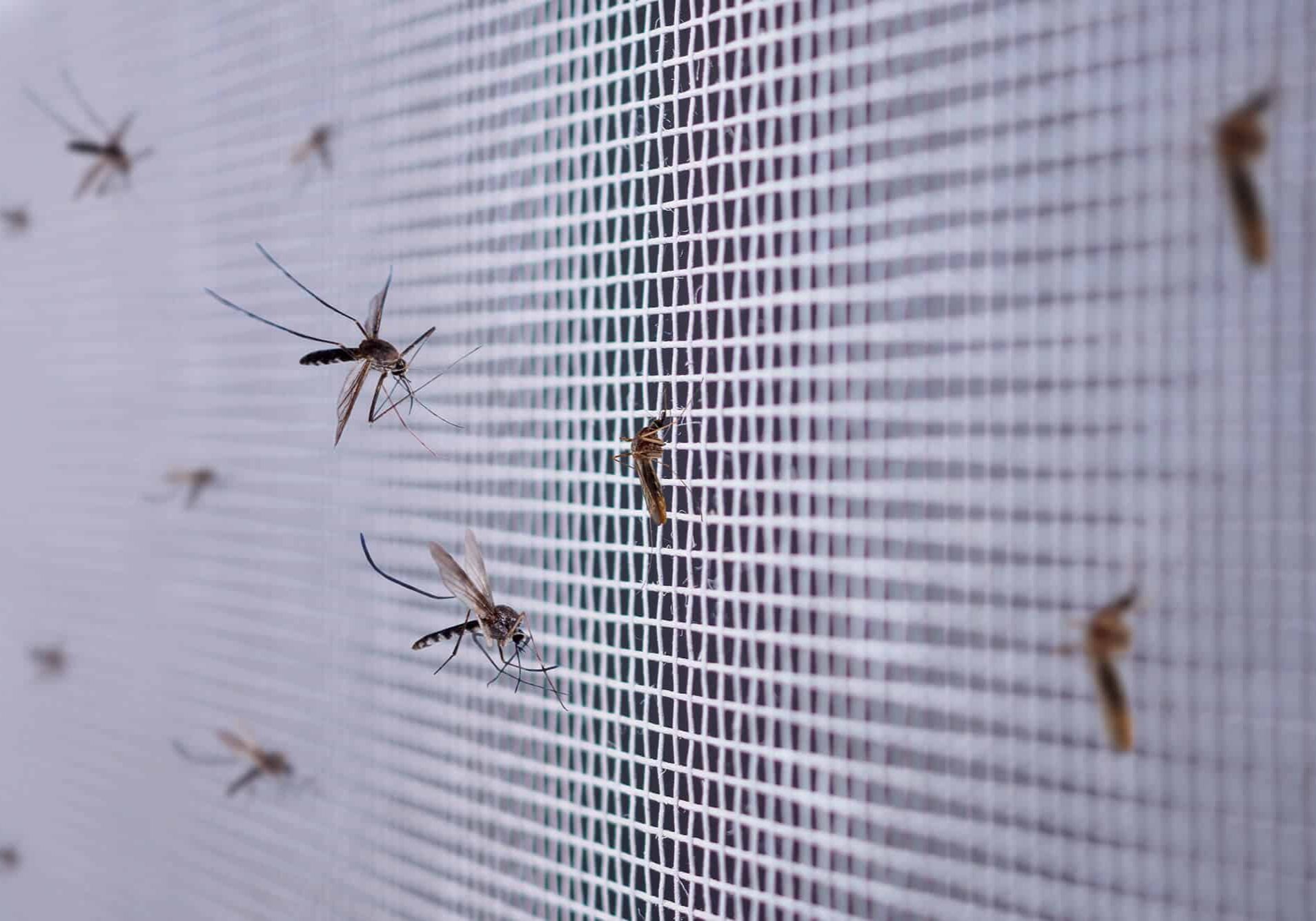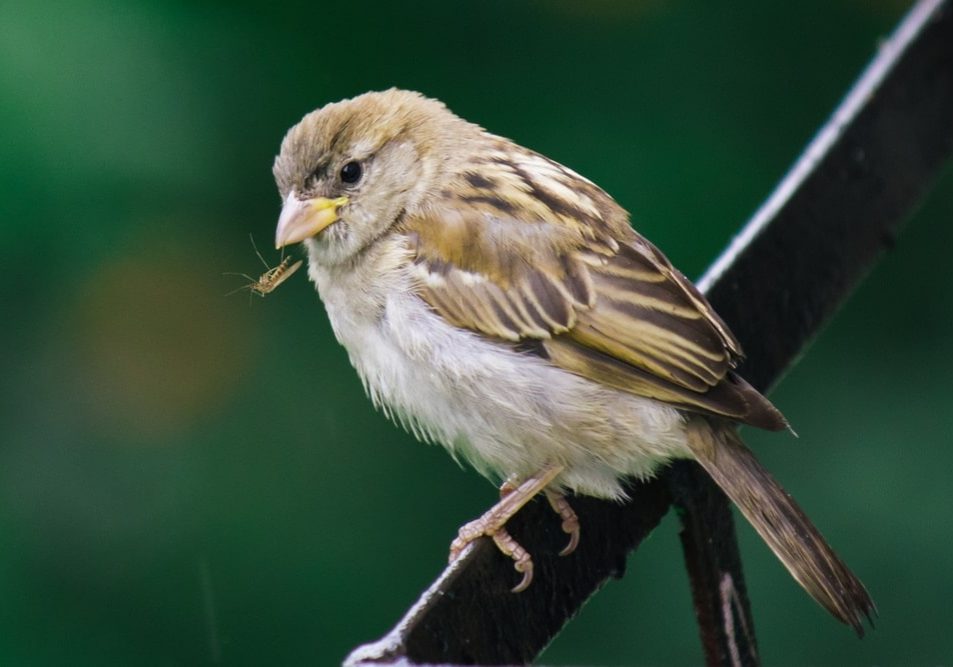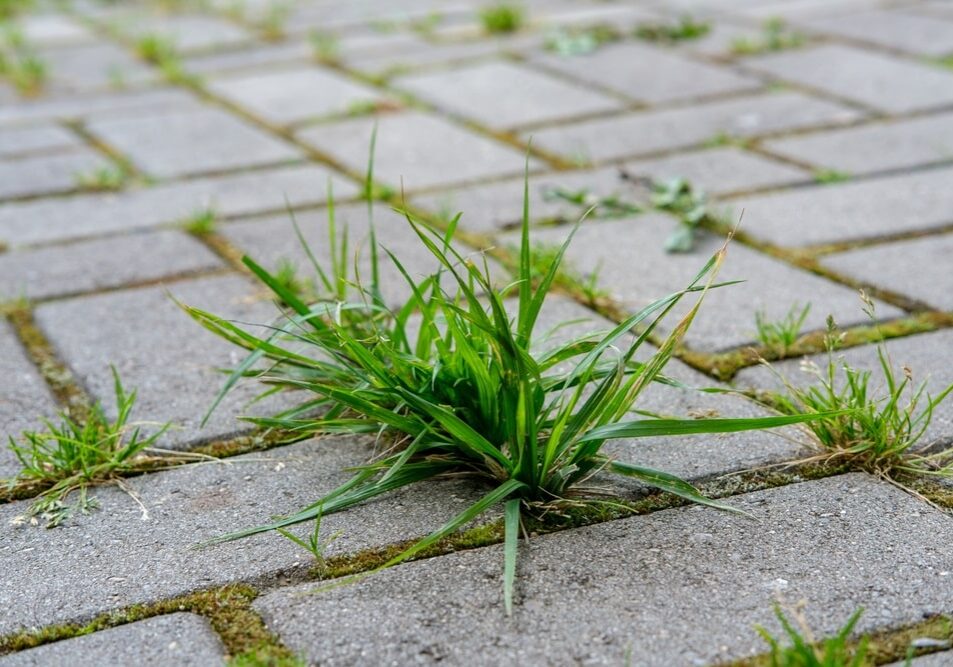Summer brings sunshine and outdoor fun, but also pests that can spoil the enjoyment. Integrated Pest Management (IPM) offers a sustainable way to control these summer nuisances without harming the earth.
Our guide will show you eco-friendly methods to keep pests at bay, from natural foes to plant-based solutions. Discover how Emtec Pest Control can help protect your summer.
Sustainable Pest Control Methods for Summer Pests
When dealing with summer pests, it is essential to consider sustainable pest control methods such as integrated pest management (IPM) and natural predators. Implementing deterrents and plant-based solutions, along with organic sprays and insecticides can also be effective in managing summer pests.
Crop rotation and habitat management are other sustainable methods to control the population of pests during the summer months.
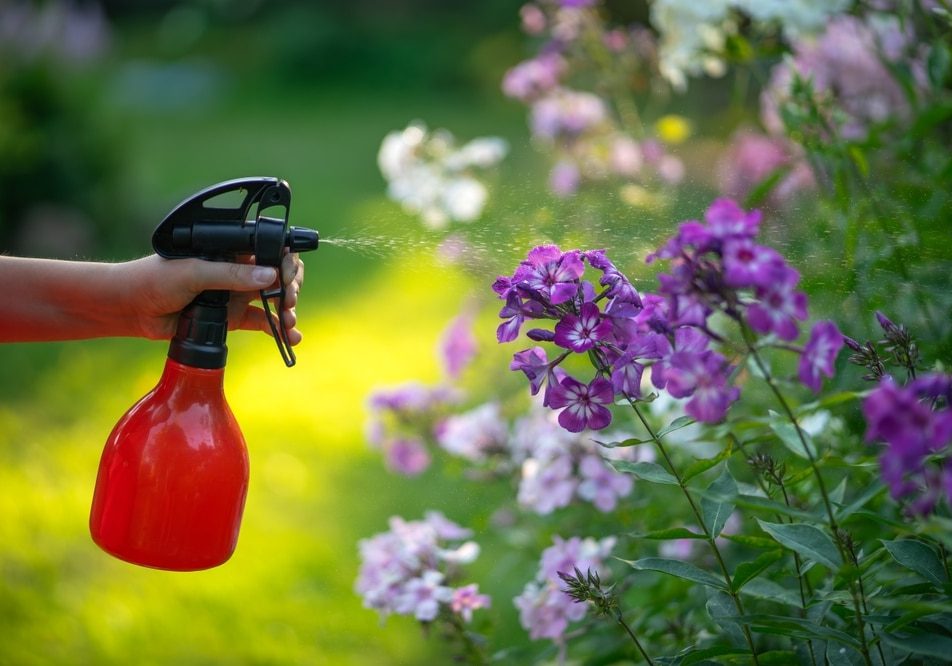
Integrated Pest Management (IPM) is a clever strategy to ward off pests from your home during the summer. It employs various techniques such as setting up traps, cultivating plants that repel pests, and using insects that prey on other insects to manage pest populations.
This method helps preserve your garden's ecological balance while ensuring the safety of your family and pets from hazardous chemicals.
With IPM, the emphasis is placed on fostering healthy soil for your plants, making them more resilient against diseases and pest attacks. By selecting disease-resistant plant varieties and rotating crops in your garden, the likelihood of pests taking over is significantly reduced.
This approach not only addresses current pest issues but also deters future problems by maintaining health and equilibrium throughout your garden environment, from soil to seeds.
Welcoming nature's allies into your garden or farm can drastically cut down on pest numbers. Birds, ladybugs, and various beneficial creatures feast on typical nuisances like aphids and whiteflies.
This method of pest control, known as biological control, leverages the forces of nature to fend off destructive insects without turning to chemical sprays.
By planting species that lure these natural predators or by creating welcoming habitats for them, you amplify their presence and impact. For instance, setting up a tiny pond may attract dragonflies which then hunt mosquitoes.
Adopting such eco-friendly approaches not only aids in managing pests but also enriches soil health and cultivates biodiversity in gardens and farms.
Switching from drawing in natural predators to control pests, homeowners have other options like deterrents and plant-based remedies. These techniques help keep summer pests at bay while still being kind to the environment.
Neem oil acts as a powerful repellent against various garden pests. It interrupts the lifecycle of insects without harming helpful critters like pollinators and ladybugs. Likewise, garlic mixtures ward off pests with their potent smell, offering an all-natural gardening approach.
For direct plant protection, using netting or row covers creates a physical shield against birds and bugs. This strategy ensures that your tomatoes and other produce stay undamaged while not adversely impacting the local ecosystem.
Adopting these eco-friendly methods into your yard care routine aids in preserving nature while maintaining a healthy, pest-free garden without resorting to toxic chemical pesticides.
When dealing with pests, organic sprays and insecticides are effective alternatives that are safe for your family and the environment. Neem oil, a versatile organic remedy, disrupts the lifecycle of insects while providing sustainable pest control in your garden and home.
Garlic and hot pepper spray can act as natural insect repellents, deterring pests like mosquitoes without harmful chemicals. These alternatives not only protect your plants but also contribute to a healthy ecosystem.
In addition to these solutions, Entrust is an effective organic spray used by Emtec Pest Control for controlling insect pests such as flea beetles and Colorado potato beetles. It provides over 75% control of these damaging pests while ensuring minimal impact on beneficial organisms in the soil.
Sustainable techniques such as integrated pest management and natural pesticides pave the way for environmentally friendly options suitable for homeowners looking to maintain a healthy balance between their gardens and nature.
Crop rotation involves growing different types of crops in the same area over time to manage pest populations. It disrupts their life cycles and reduces their ability to survive. For example, rotating between legumes and non-legumes can also improve soil fertility, minimize erosion, and reduce the need for synthetic fertilizers.
Additionally, cover crops like clover or vetch protect the soil and attract beneficial insects that naturally control pests.
Creating biodiversity within agricultural landscapes is another vital habitat management strategy. Planting flowering plants near crop fields encourages predatory insects which feed on pest populations.
This reduces dependence on chemical pesticides and supports crucial pollinators for crop production. Moreover, establishing natural habitats such as hedgerows and grassy areas provides shelter for beneficial animals like birds and bats that prey on insect pests.
Sustainable Solutions for Community Pest Control
To foster a balanced ecosystem, consider adding pond or lake aeration, fish stocking, hydro-raking and dredging, as well as creating habitats for dragonflies. Utilizing biological larvicides can also aid in managing pest populations sustainably.
Enhancing the aquatic environment through pond or lake aeration is a sustainable practice. This method increases dissolved oxygen levels, leading to improved water quality and greater ecological diversity.
Aeration effectively prevents stagnant water, algae accumulation, and unpleasant odors. Moreover, it promotes balanced ponds by enhancing fish habitats and reducing algae growth.
The increased oxygen levels resulting from aeration play a pivotal role in maintaining healthy ponds and lakes. Incorporating aeration as part of pest control solutions helps establish an ecological balance that supports the flora and fauna within aquatic ecosystems.
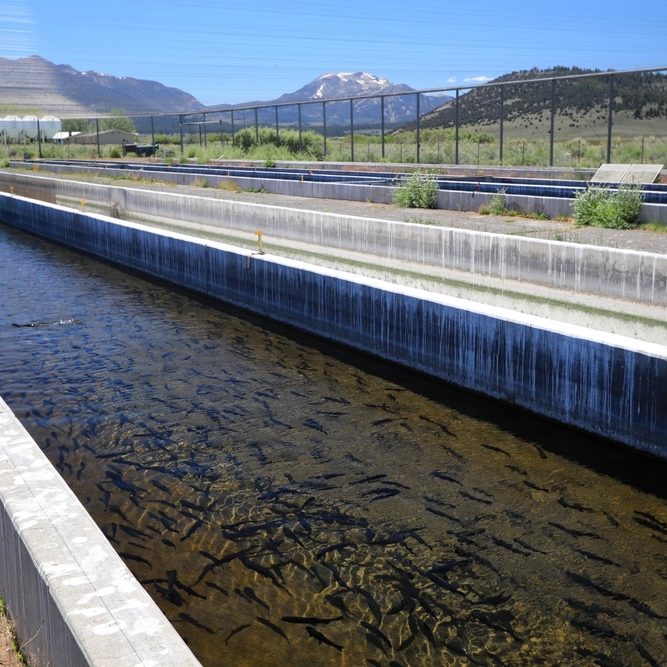
Conclusion
Incorporating sustainable pest control methods is essential for managing summer pests. Utilizing techniques such as integrated pest management and natural predators can effectively reduce pest populations without harming the environment.
Emtec Pest Control offers eco-friendly solutions that prioritize non-chemical approaches, contributing to a healthier and more eco-friendly environment for homeowners. These measures not only address pest concerns but also support sustainability initiatives aligned with UN goals, fostering a balanced ecosystem for humans and wildlife.
At Emtec Pest Control, we are committed to safe and responsible pest control. We understand that your family’s safety is your number one priority, so we make it our priority, too.
If you have any other questions about any of these pests or pest control for your home or business, contact your Oklahoma pest control experts at Emtec Pest Control by calling us or by filling out our online contact form.

